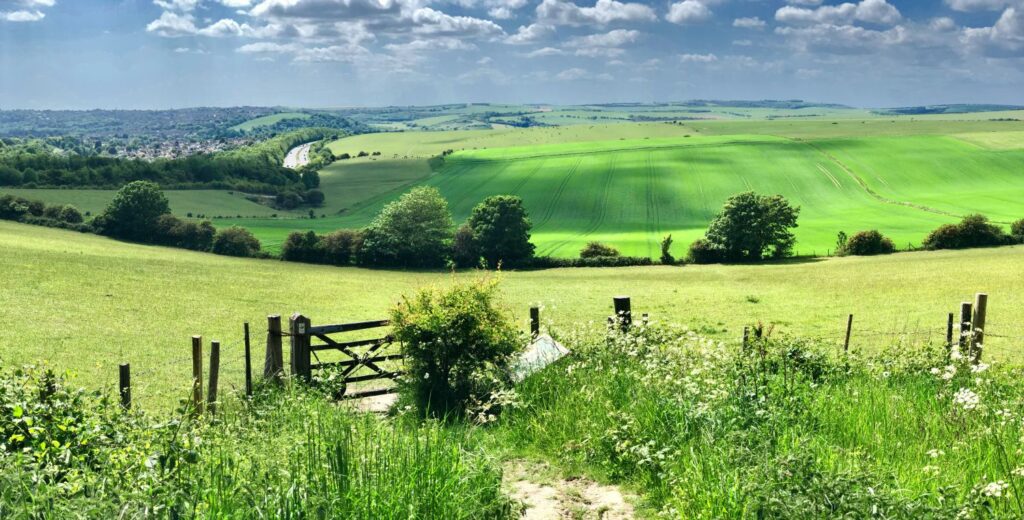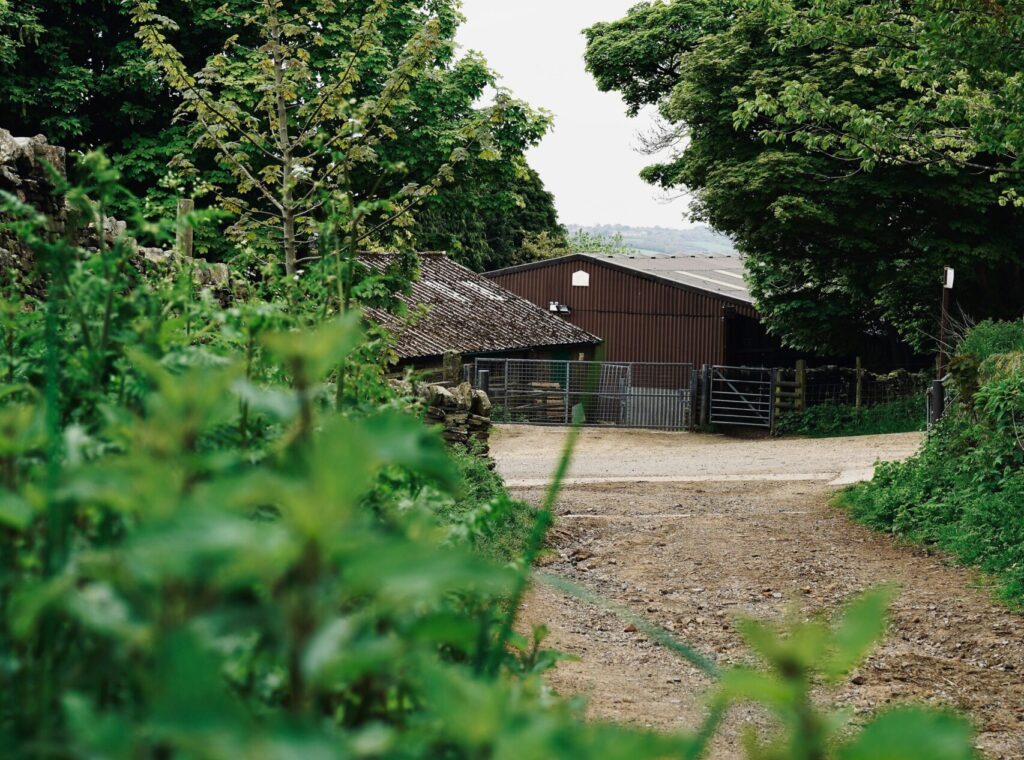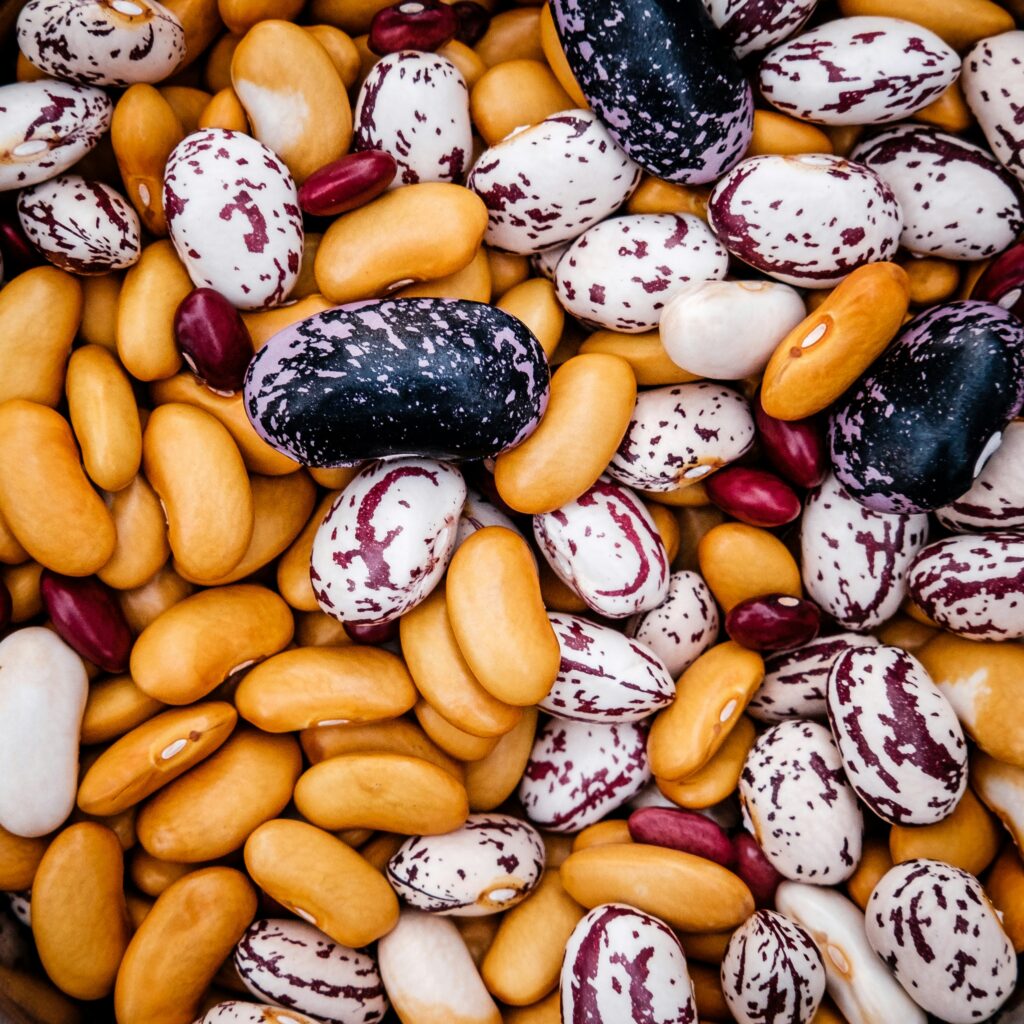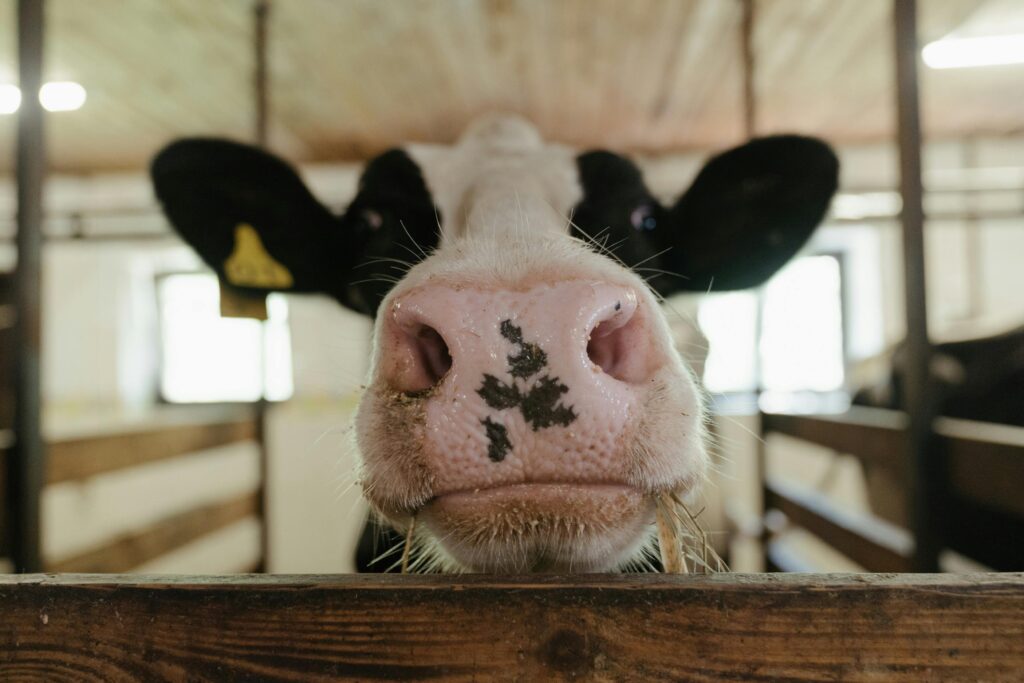In this joint webinar with the FFCC, our speakers share insights from their latest research, which the organisation undertook following concerns raised by citizens in #TheFoodConversation – and explain why questions of power and profit need to rise up the political agenda.














